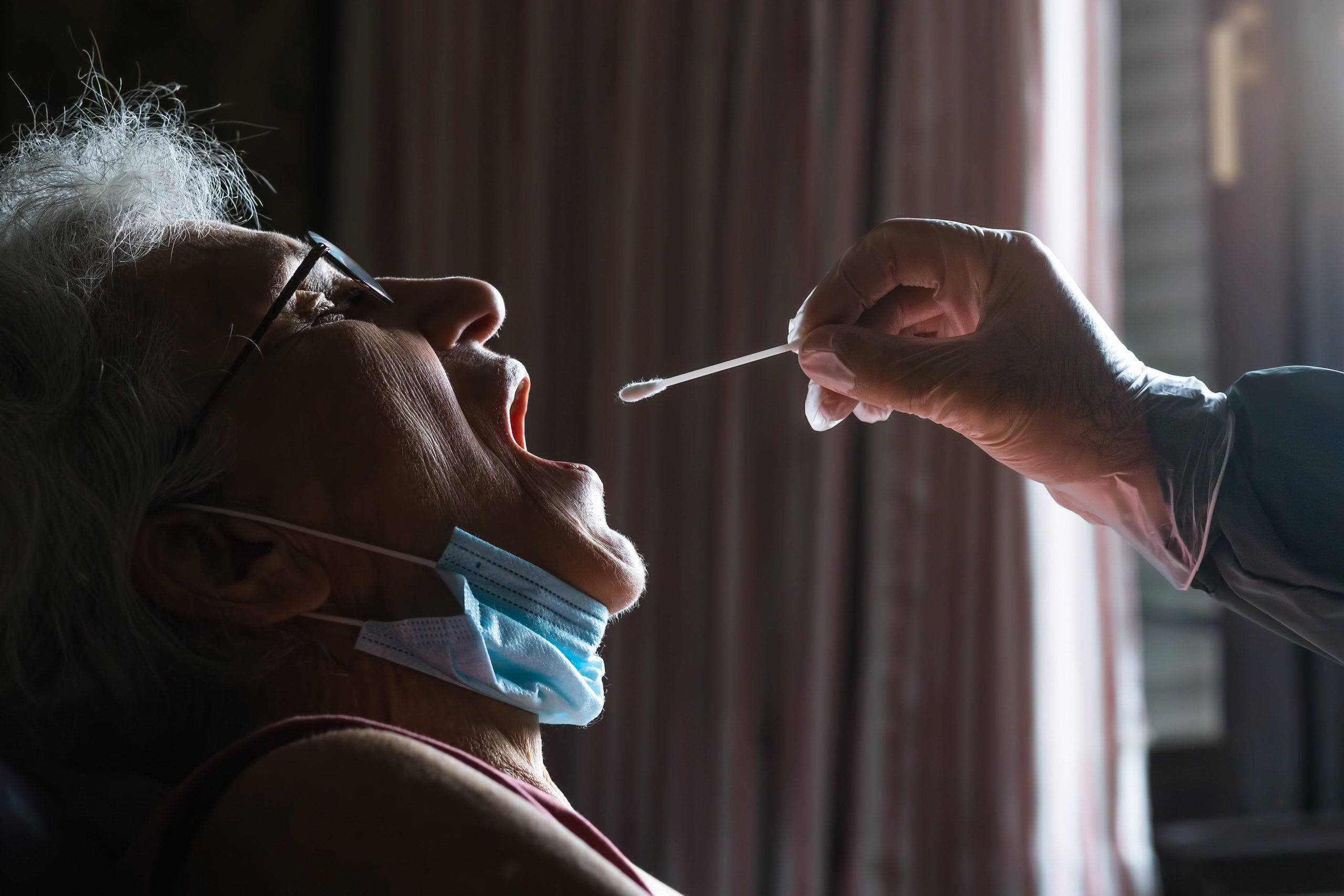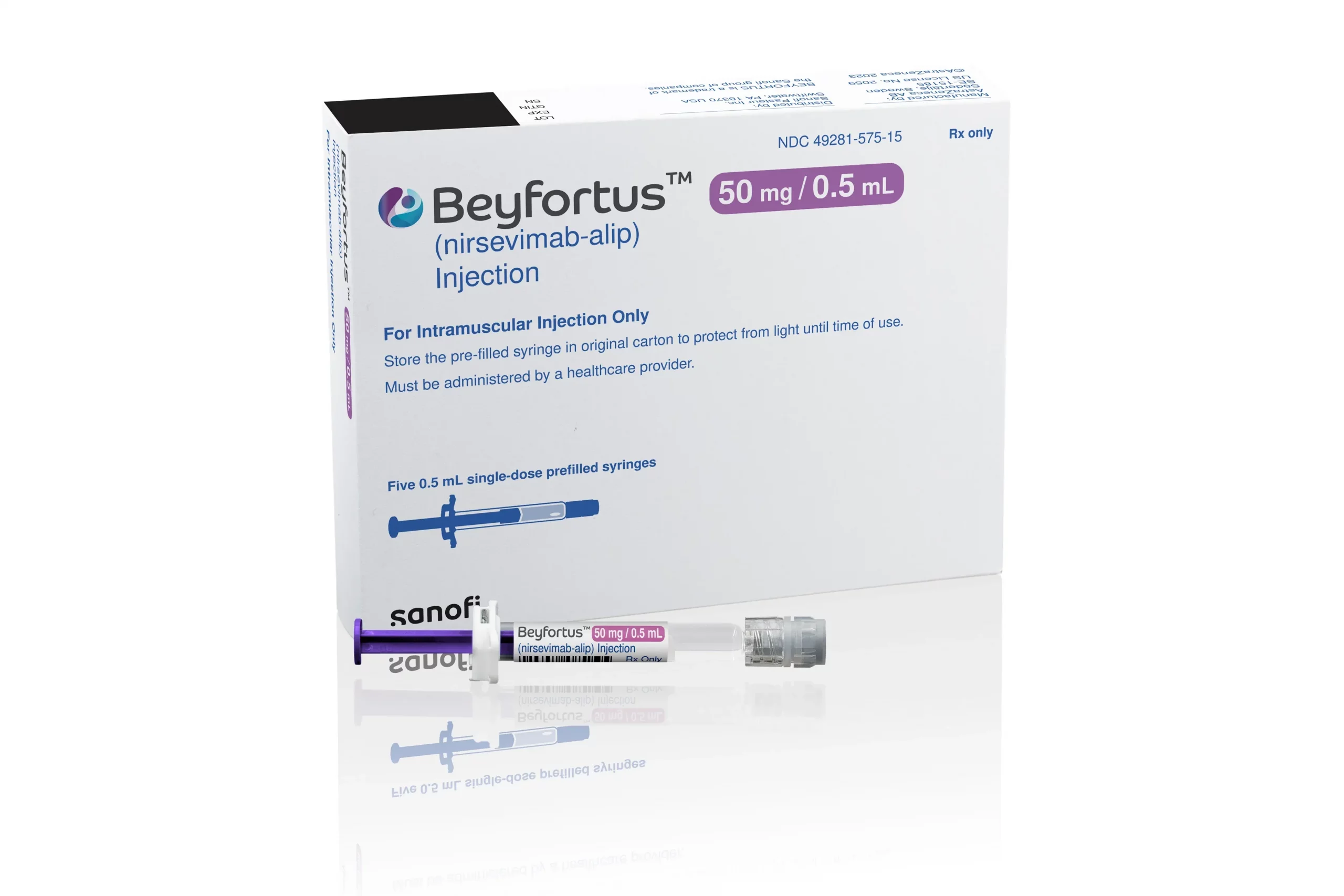
Dehydration brings lots of risks — including urinary tract infections (UTIs). An expert offers some tips for avoiding these painful infections without sacrificing summer fun. “Patients can experience more UTIs during the summer due to inadequate fluid intake, especially in the historic heat waves we’ve been experiencing,” said Dr. Maude Carmel, a urology specialist at… read on > read on >






























